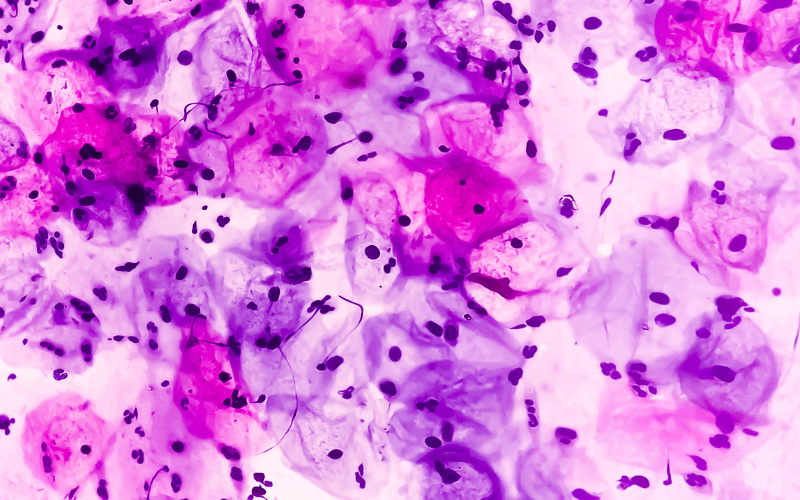Introduction: An Alarm for Modern Times

The world today grapples with numerous health challenges, with lung cancer, particularly squamous-cell carcinoma, holding a prominent place. The early detection of these symptoms can significantly influence treatment results. With the information overload that exists, one might wonder, why another article on SCC? The difference lies in the timely and actionable information provided here.
Our lungs are intricate, life-sustaining organs. They pump life into our system every second, ensuring every cell gets its required dose of oxygen. But what happens when these very life sources get affected by a condition like SCC? The answer isn’t comforting. SCC can slowly, yet steadily, impair the lung’s functions. And the worst part? The symptoms might not manifest until it reaches an advanced stage. This silent invasion emphasizes the importance of knowledge. Understanding the earliest signs ensures you’re not caught off-guard.
In the subsequent sections, we’ll unravel the top symptoms of SCC of the lung. Recognizing them early can make the difference between a treatable condition and one that’s advanced to a challenging stage.
Symptom 1: Persistent Cough

A cough, in its essence, is the body’s natural reflex to protect the lungs from irritants. Most of us brush off a cough as a transient issue, usually related to colds or allergies. But there’s a vast difference between an occasional cough and a persistent one. If a cough lingers for weeks, especially without showing signs of improvement, it serves as a body alarm, signaling that something might be amiss.
The nature of the cough is equally crucial. While a dry cough is concerning, producing mucus or blood is an even more significant sign. When you think about the inner lining of your lungs, it’s a delicate system. Persistent irritation can lead to unexpected changes. If these changes cause blood or a rust-colored sputum, it suggests possible inflammatory, infectious, or malignant processes, such as SCC, within the respiratory system.
Certain individuals are more at risk. Smokers and ex-smokers, due to prolonged exposure to carcinogens, often have compromised lung health. Years of smoking introduce a plethora of toxins to the lungs. These can lead to conditions like Chronic Obstructive Pulmonary Disease (COPD), bronchitis, and indeed, SCC. Thus, those with a history of smoking should be especially vigilant about persistent coughs.
A persistent cough rarely stands alone when SCC is involved. It’s often a piece of a larger, more troubling puzzle. It might be accompanied by other symptoms like chest pain, breathlessness, or unexplained weight loss. Recognizing these symptoms as a collective can be the difference between early detection and a late diagnosis. (1)